Life
Sign up for our newsletter
We summarize the week's scientific breakthroughs every Thursday.
-
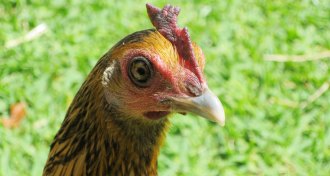 Animals
AnimalsThe dinosaurs in the backyard
Chickens are some of the closest relatives of dinosaurs, and though genetic tinkering the birds might even one day be turned into tiny dinos.
-
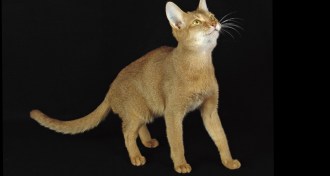 Genetics
GeneticsYear in review: Genes linked to tameness
A look at the genes of domesticated animals offers possible insights into why taming has altered animals’ appearances.
-
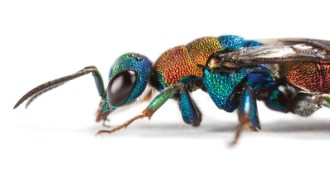 Animals
AnimalsYear in review: Insect, bird evolution revisited
Insects got an entirely new family tree after an extensive genetic analysis rearranged the creatures' relations.
By Susan Milius -
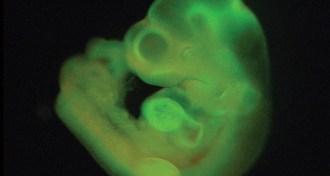 Genetics
GeneticsYear in review: Easy stem cells a no go
An incredibly easy method for making stem cells turned out to be impossible, again tainting the stem cell research field with controversy.
-
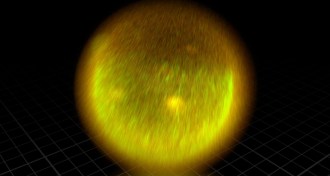 Life
LifeImages reveal secrets of zinc sparks
These sparks are created when billions of zinc atoms shoot from thousands of small pouches nestled just beneath the surface of a mouse egg cell.
-
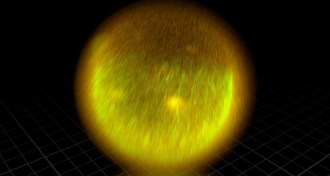 Life
LifeSource of sperm and egg’s zinc sparks identified
Detailed imaging reveals the origin of zinc sparks that fly when egg meets sperm in mammals.
-
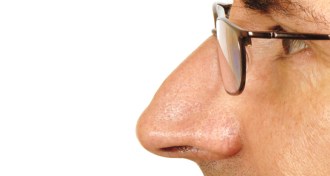 Neuroscience
NeuroscienceYear in review: The nose knows a trillion odors
Humans can suss out more than 1 trillion different smells, a 2014 study estimated.
By Bruce Bower -
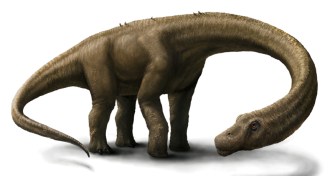 Archaeology
ArchaeologyYear in review: Roster of dinosaurs expands
With the discovery of several new species and a few dogma-shaking revelations, dinosaurs got a total rethink in 2014.
By Meghan Rosen -
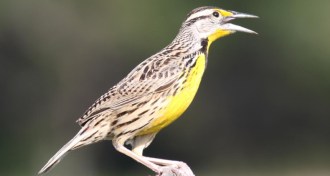 Animals
AnimalsYear in review: The post-pigeon century
Birds' troubles received an eerie emphasis in the news when biologists marked the 100th anniversary of the death of the last known passenger pigeon.
By Susan Milius -
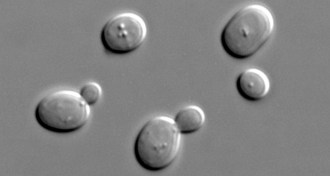 Genetics
GeneticsYear in review: Life’s complexity recoded
New genetic letters in bacteria and a simplified yeast chromosome showcase scientists' advances in understanding the simplicity and complexity of life.
-
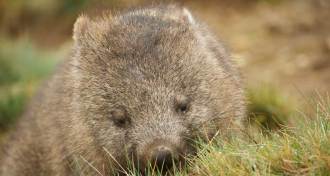 Animals
AnimalsAustralia’s unexpectedly dangerous creatures
Australia is home to an array of deadly things — from crocodiles to venomous snakes — but dangers can also be found among seemingly safe critters.
-
 Ecosystems
EcosystemsBee losses followed World Wars
British historical records show a century-long decline of important pollinators: bees and some wasps.
By Beth Mole